BHM23 – Events to check out!
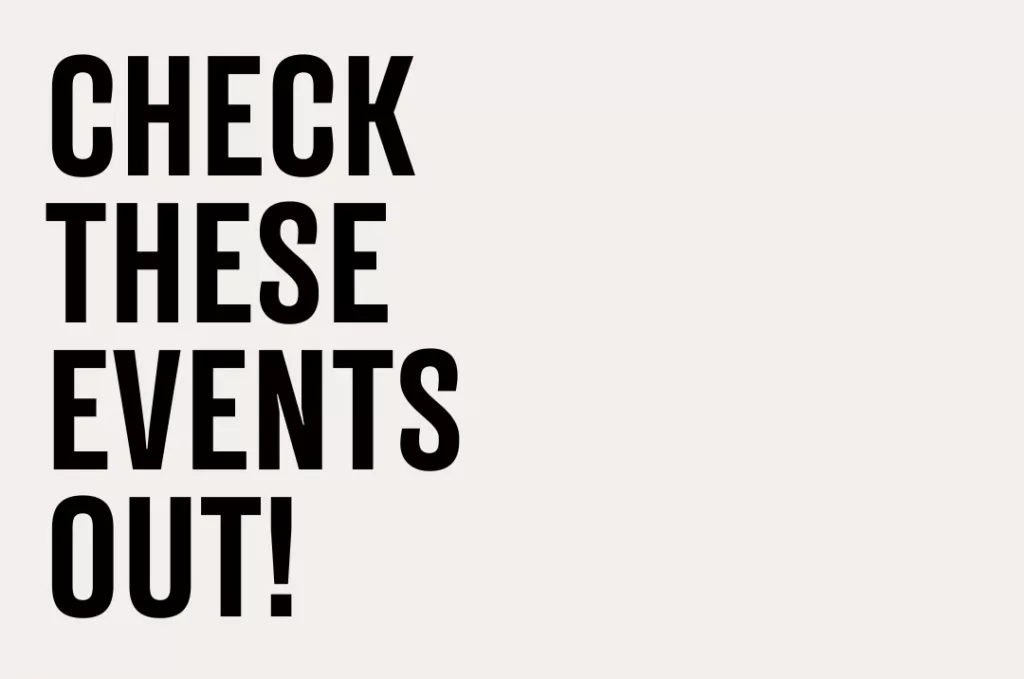
Black History Month 2023 – events you need to check out!We’d like to highlight some of the fantastic Black led events that we have here in Birmingham! ⭐ Wile OutRun by Soriah Lewin, this night is all about no boundaries and playing the music you don’t hear on a normal night out that you wish you […]
BHM23 – Companies to check out!
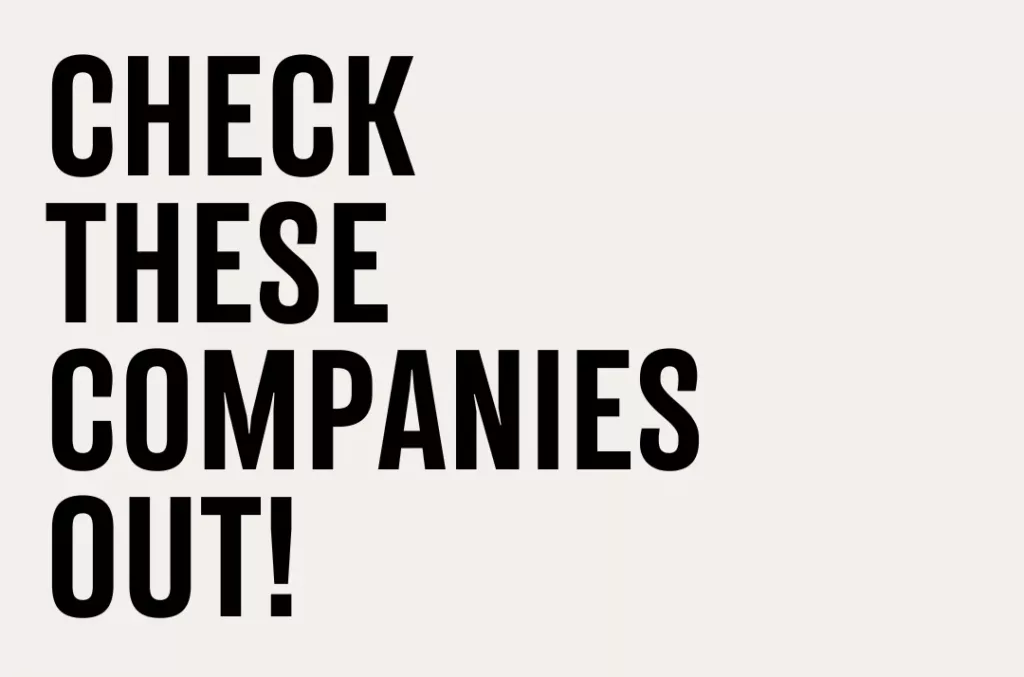
Black History Month 2023 – companies we think you need to check out!Here’s a spotlight on some of the fantastic companies that we have here in Birmingham. ⭐We don’t settleWe Don’t Settle is committed to working with communities of empowered young people who are minoritised by society, systems and structures. They cultivate creativity, embrace cultures, and […]
BLACK HISTORY MONTH 2023: COMMUNITY SPOTLIGHT ON CHAR BAILEY
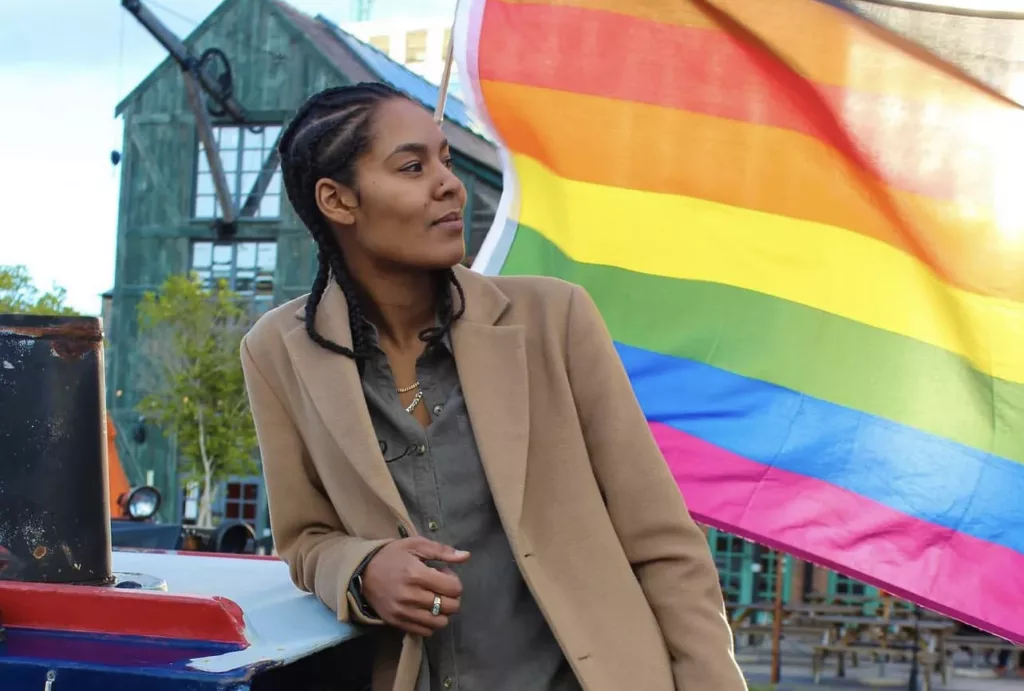
BLACK HISTORY MONTH 2023: COMMUNITY SPOTLIGHT ON CHAR BAILEY This month we are celebrating Black History Month UK with Birmingham Pride & SHOUT Festival. Follow us as we shine a spotlight on the incredible LGBTQ+ black individuals making moves in our community, as well as businesses, events and resources in our vibrant city. Meet Char […]
BLACK HISTORY MONTH 2023: COMMUNITY SPOTLIGHT ON KAYLEE GOLDING
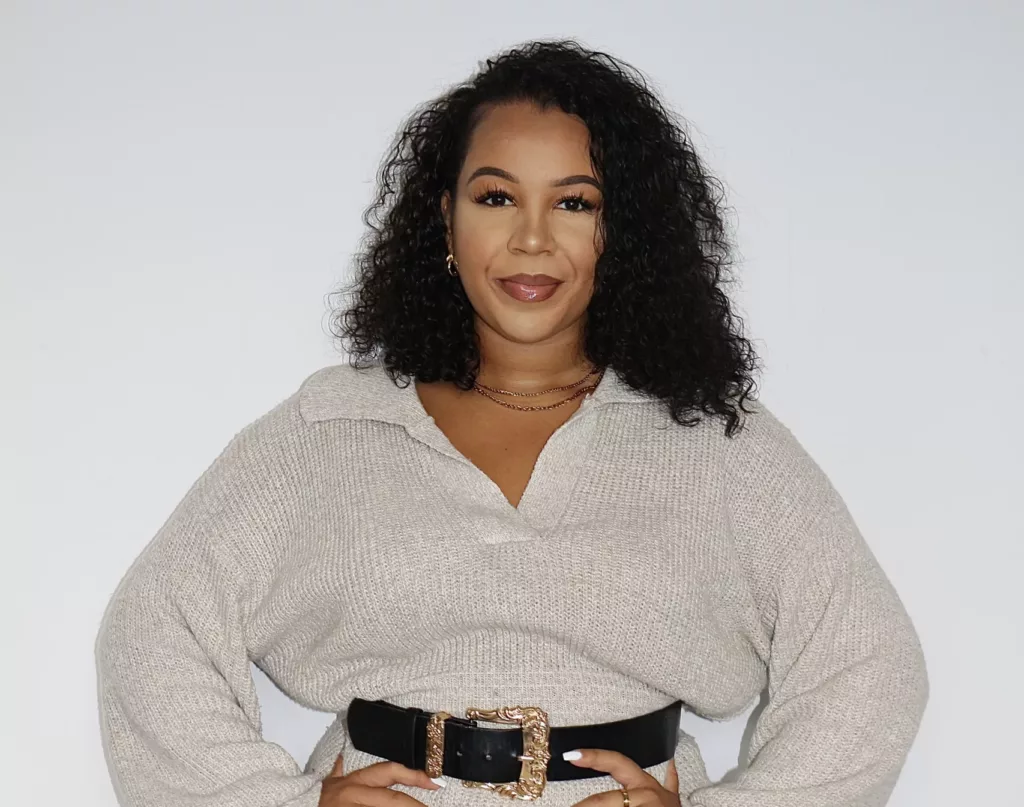
BLACK HISTORY MONTH 2023: COMMUNITY SPOTLIGHT ON KAYLEE GOLDING This month we are celebrating Black History Month UK with Birmingham Pride & SHOUT Festival. Follow us as we shine a spotlight on the incredible LGBTQ+ black individuals making moves in our community, as well as businesses, events and resources in our vibrant city. Meet Kaylee […]
BLACK HISTORY MONTH 2023: COMMUNITY SPOTLIGHT ON KRIS BROWN
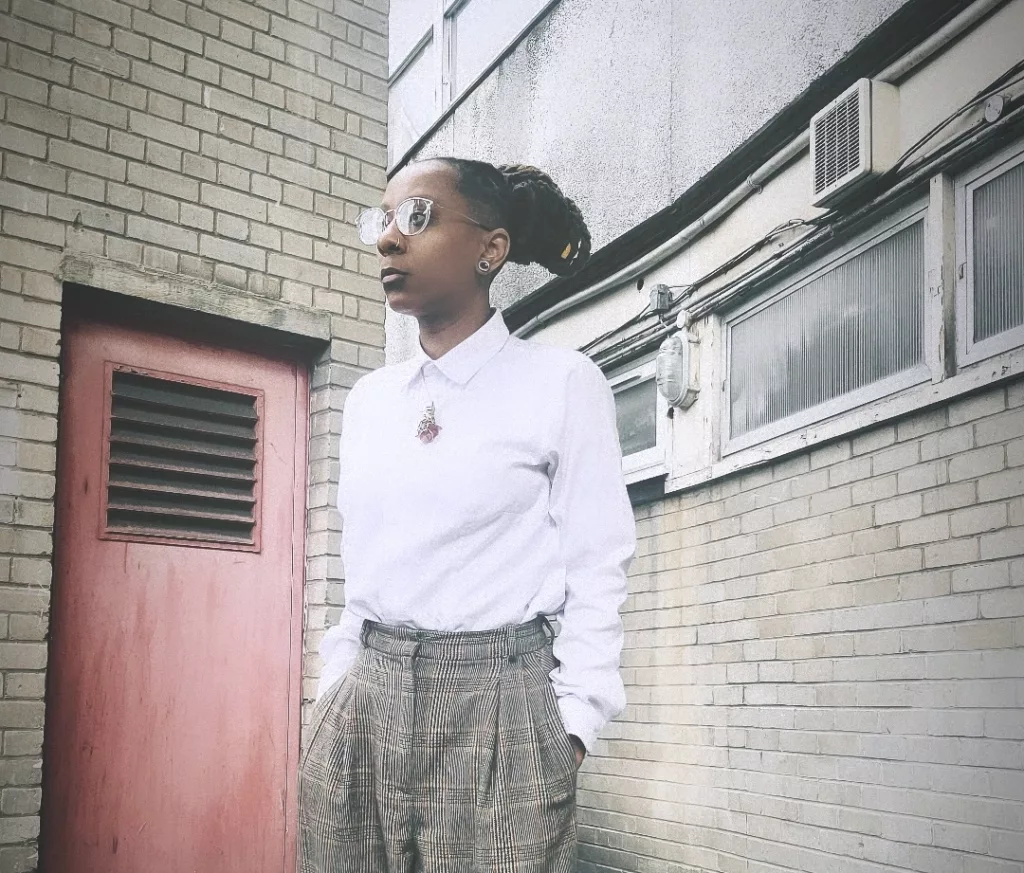
BLACK HISTORY MONTH 2023: COMMUNITY SPOTLIGHT ON KRIS BROWN This month we are celebrating Black History Month UK with Birmingham Pride & SHOUT Festival. Follow us as we shine a spotlight on the incredible LGBTQ+ black individuals making moves in our community, as well as businesses, events and resources in our vibrant city. Meet Kris […]
black history month 2023: community spotlight on soriah lewin
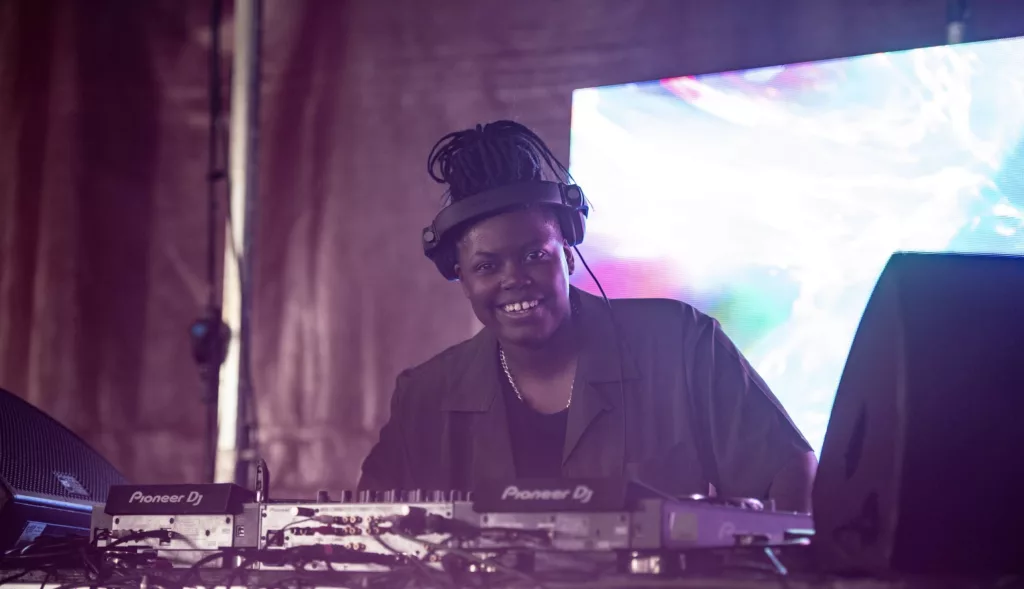
black history month 2023: community spotlight on soriah lewin This month we are celebrating Black History Month UK with Birmingham Pride & SHOUT Festival. Follow us as we shine a spotlight on the incredible LGBTQ+ black individuals making moves in our community, as well as businesses, events and resources in our vibrant city. Meet Soriah […]
*EXTENDED DEADLINE* ARTIST CALL OUT: CELEBRATING BLACK HISTORY MONTH 2023
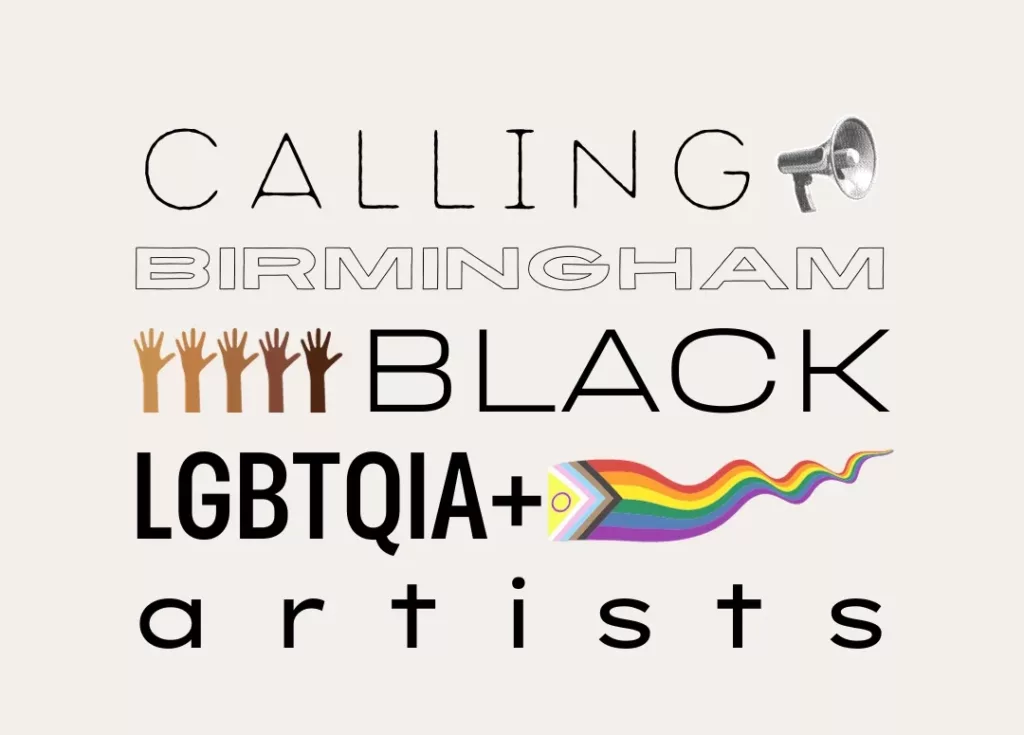
artist call out: celebrating black history month 2023 In partnership with SHOUT Festival and Birmingham Pride, we are celebrating Black History Month 2023 with a creative opportunity! We are offering four paid opportunities to Black LGBTQ+ artists living in Birmingham and the surrounding areas, to create an artwork poster highlighting Black History Month. We would like […]
Monkeypox: July 2022
Key facts – There have been a number of confirmed cases of monkeypox in the UK. Although monkeypox can affect anyone, the majority of those cases are among gay and bisexual men. – Monkeypox is transmitted through close contact, so is likely being passed on during sex rather than sexual transmission. – Everyone is being […]
Guest blog: Bards and Books – the LGBTQ+ book group
Bards and Books a very friendly and sociable LGBTQ+ book group which meets on the first Monday of each month (apart from when this falls on a Bank Holiday in which case it moves to the second Monday). We meet from 11am to 1pm in a venue centrally located in Birmingham. There is the option […]
Census 2021 Statement from the LGBT Sector
Birmingham LGBT has signed up to this statement. For a full list of signatories, visit https://www.consortium.lgbt/2021/02/18/census-consenus-statement/ The England and Wales Census 2021- taking place on 21st March- will ask voluntary questions about your sexual orientation and trans status for the first time. This is a huge step forwards and has come about in part due to […]
